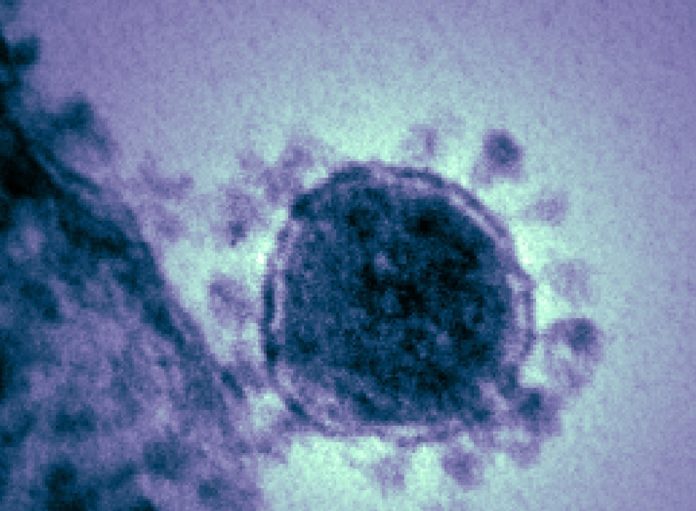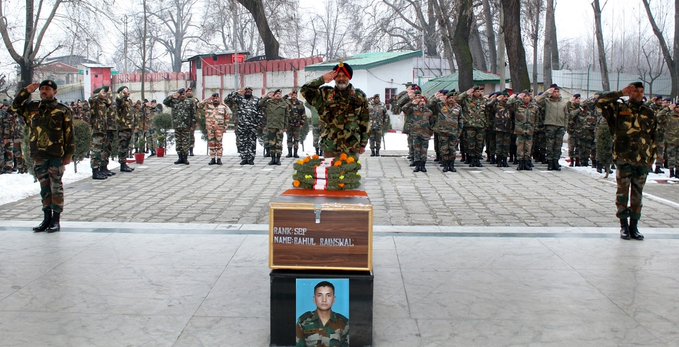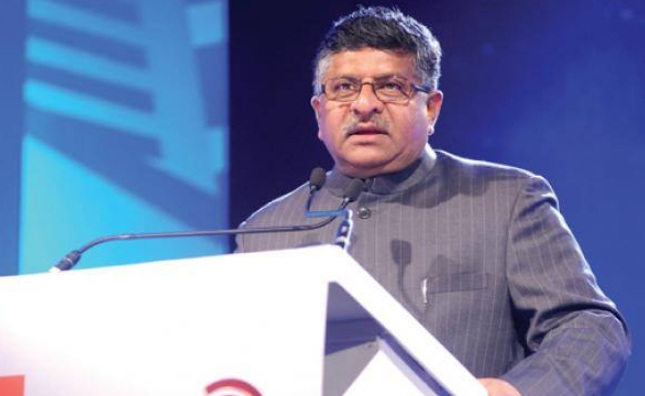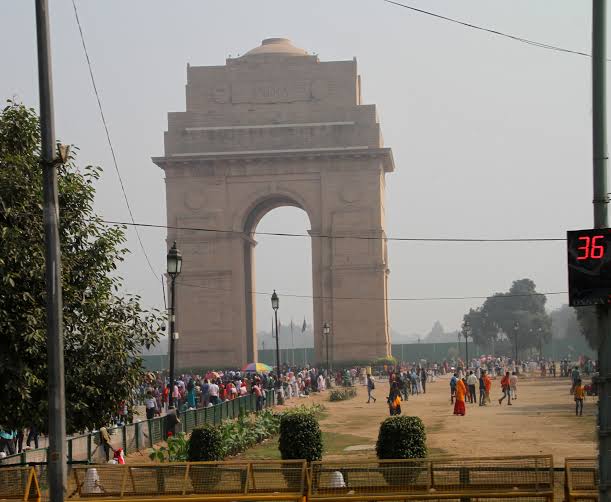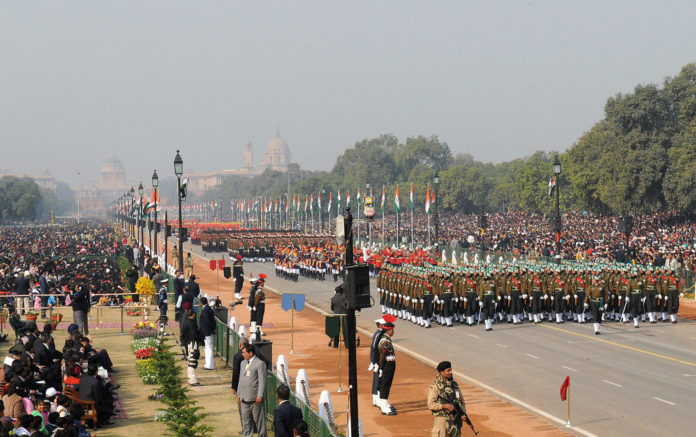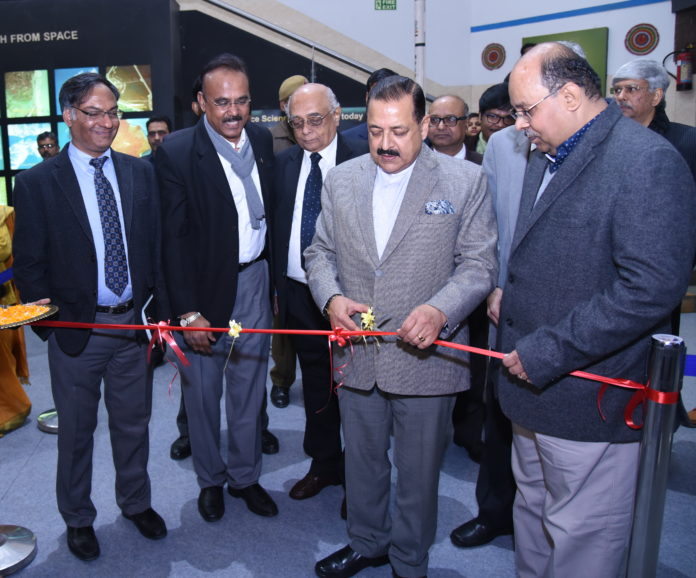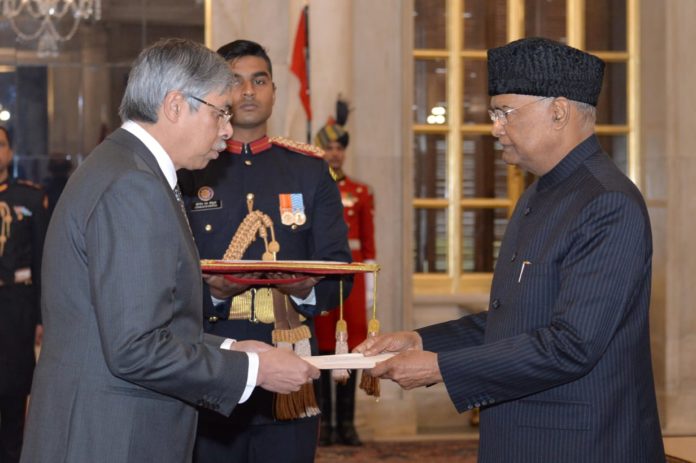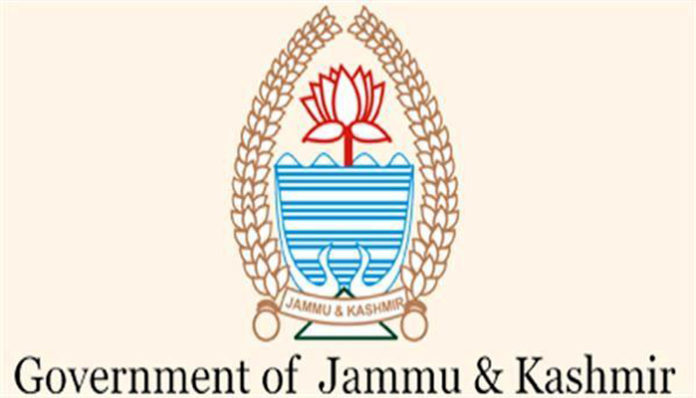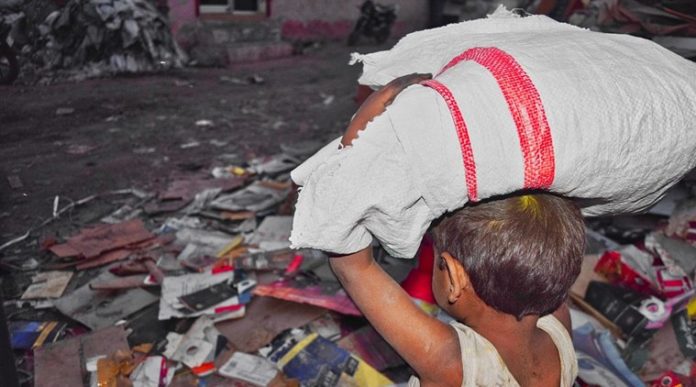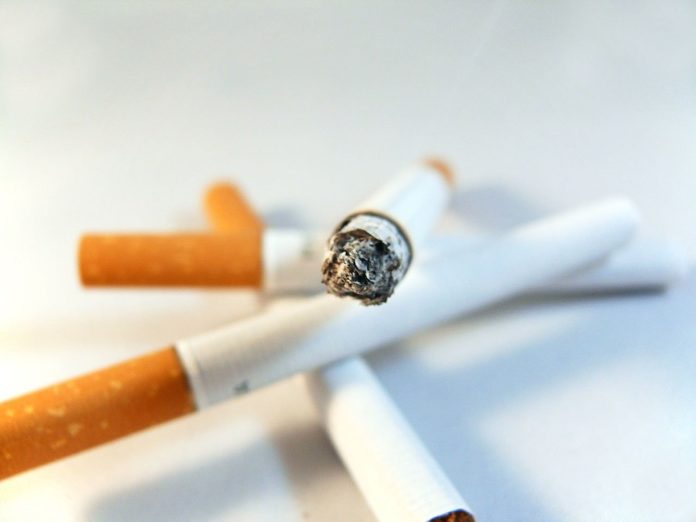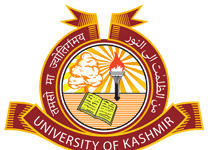New Delhi (NVI): Officials in China are racing to contain the outbreak of the novel coronavirus (2019-nCoV), that has left many people dead and sickened more than 440 people, after it was confirmed the infection can be passed between humans.
The virus can be transmitted between humans, a Chinese government-appointed expert has said, fueling fears about the possibility of a deadly epidemic as millions prepare to travel for the Lunar New Year holiday.
Sun Weidong, Chinese Ambassador to India, tweeted, “China will continue to deepen international cooperation and work in concert with the international community to deal with the epidemic and safeguard regional and global health security.”
Weidong also added, “Upon invitation from WHO, China will join other affected countries at an International Health Regulations Emergency Committee meeting on January 22. Relevant countries, WHO & experts will share information & come up with a science-based evaluation.”
President Xi Jinping has ordered resolute efforts to curb the spread of the novel coronavirus that caused cases of pneumonia. Instructing on the work related to the pneumonia situation, Xi, stressed putting people’s safety and health as the top priority.
Coronavirus cases confirmed worldwide
Around a month after the virus was first identified in Wuhan, it has already spread well beyond mainland China.
In Asia, cases have been detected in Taiwan, South Korea, Thailand and Japan, while authorities in the US confirmed their first case on Tuesday and there have been reports of potential cases in Australia.
Despite initial reports that the virus was unlikely to spread between humans, Chinese health authorities have now said there is “definitely human-to-human transmission.” One patient is believed to have infected as many as 14 medical staff in one hospital, suggesting the disease can be spread far more easily than previously thought.

